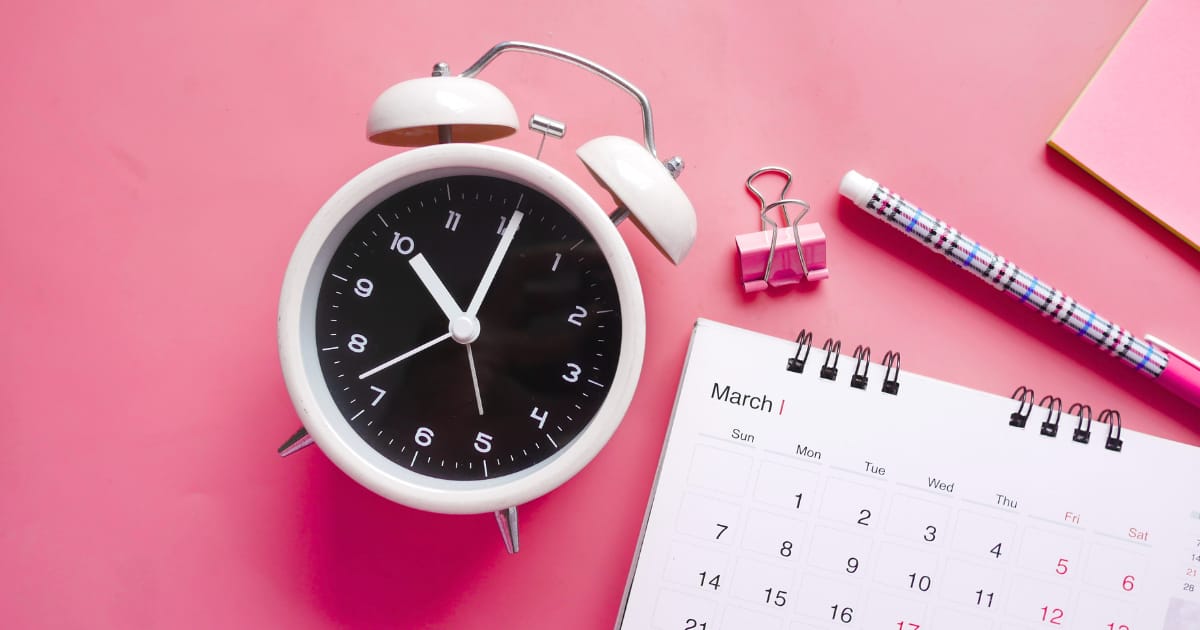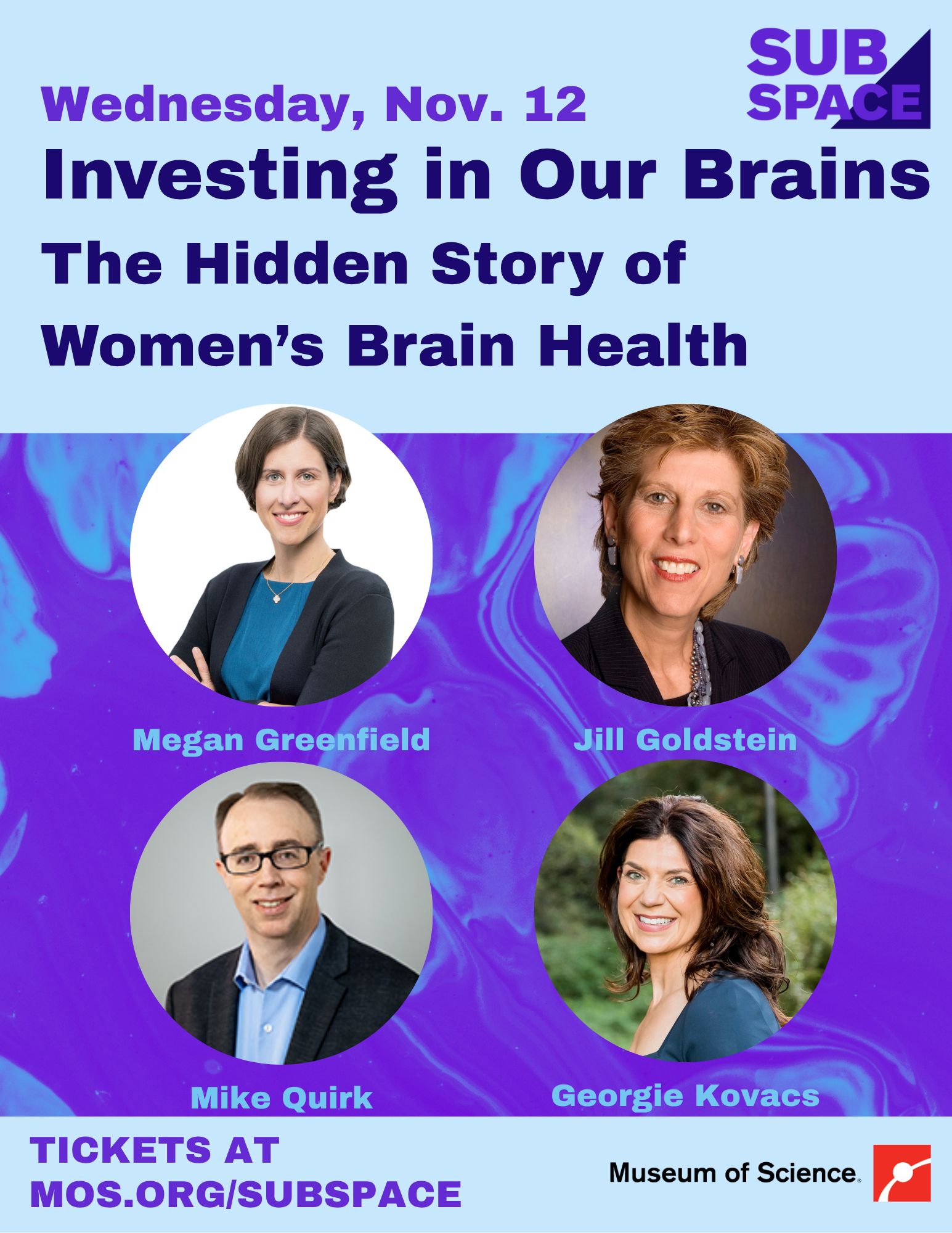- Fempower Health: The Health of Women Playbook
- Posts
- FDA Reverses Course on Vaginal Estrogen, Dr. Sharon Malone Exposes the System, and Brain Health Takes Center Stage
FDA Reverses Course on Vaginal Estrogen, Dr. Sharon Malone Exposes the System, and Brain Health Takes Center Stage
From a long-overdue FDA update to the economics keeping women’s care undervalued, this week’s Fempower Health dives into how change finally happens — in policy, in practice, and in perception.
Good Morning!
This week feels like a full-circle moment.
I’m heading to the Museum of Science to host a panel on brain health (stay tuned for clips!), and my latest episode with Dr. Sharon Malone dives deep into the economics and equity of women’s healthcare — why it’s undervalued, underfunded, and what it’ll take to fix it.
Keep scrolling for this week’s wins — from an FDA update on vaginal estrogen to “pee-equality” done right.
Let’s get into it.
NEW EPISODE
Why Women’s Health Is Undervalued — and What It Costs Us
Ever wonder why it feels like doctors have less time, fewer answers, and more burnout? This week on Fempower Health, OB-GYN Dr. Sharon Malone explains how the economics of medicine — not just the medicine itself — are undermining women’s health. From outdated reimbursement models to disappearing OB-GYN practices, she pulls back the curtain on why care feels so fractured, and what it will take to rebuild trust in the system.
Why This Conversation Matters
When women’s health care is treated as less valuable work, both patients and providers lose. As Dr. Malone reveals, the problem isn’t just bias — it’s structure. Reimbursement models pay less for procedures performed on women and undercompensate the specialties that serve them. Meanwhile, corporate ownership and private equity consolidation have stripped physicians of time, autonomy, and continuity with patients.
The result? A health system that undervalues listening, rewards volume over quality, and leaves women in “care deserts” — with half of U.S. counties lacking a single practicing OB-GYN.
What You’ll Learn
Why “female-dominant” specialties are paid less — and how that shapes who stays in the field
The collapse of private practice and how it affects access and trust
How value-based care could work — if done right
The ripple effects on women from menopause management to chronic pain
Why digital health and AI may be part of the solution
Actionable Takeaways
If you’re a patient: Come prepared. Bring your records, clarify your symptoms, and know your family history — it shortens your path to care in a 15-minute visit model.
If you’re a clinician: Advocate for updated coding and fair reimbursement for complex women’s health procedures. Look what happened the the Black Box Warning on Estrogen at the FDA yesterday!
If you’re in policy or innovation: Center women’s health in value-based care frameworks — access is an equity issue.
The Systemic Lens
Women’s health inequities aren’t just clinical — they’re economic and political. When reimbursement undervalues OB-GYNs, when NIH funding allocates less than 11% to conditions affecting women, and when insurance codes ignore complexity, systemic inequity becomes structural reality.
Dr. Malone and Georgie unpack how to fix that — from rethinking payment models to expanding digital access in underserved regions.
Closing
This conversation is a wake-up call for anyone building, funding, or regulating health care systems. As Dr. Malone says, “We can’t clone doctors — but we can redesign access.”
💬 If your organization is rethinking women’s health systems, this episode connects directly to the frameworks I use in consulting and speaking on health equity and patient-centered design.
🎥 Watch the full interview now → https://youtu.be/awq6pxW-yH8
🎧 Prefer to listen? Find it on Apple Podcasts, Spotify, or wherever you tune in.
💬 Share this issue to help more women access accurate, evidence-based care.
EVENTS
Investing in Our Brains: The Hidden Story of Women’s Brain Health
Tuesday, November 12 • Boston, Massachusetts (Museum of Science)
The Museum of Science is hosting an evening dedicated to women’s brain health — from hormones and neurobiology to funding gaps and innovation.
Yours truly (me!) 😉 will moderate a discussion with leading researchers and advocates exploring how investment, policy, and clinical research intersect to shape women’s cognitive health across the lifespan.
Register to attend and please share with your network.
NOTE: The space holds 300 and over 350 have registered. Please register to ensure you get a seat!
ROUNDUP
What Caught My Eye
💊 FDA Removes Black Box Warning on Vaginal Estrogen
Big news in menopause care: The FDA has officially removed the black box warning from vaginal estrogen therapies — a long-overdue clarification separating localized treatments from systemic hormone risks.
👉 Watch my breakdown
👶 New Mexico Becomes the First State to Offer Universal Child Care
A historic move for gender and economic equity — New Mexico is now the first state in the U.S. to provide universal child care. The initiative expands access for working families and could serve as a model for other states.
👉 Read the announcement
📘 Grateful Anyway: A Memoir of Small Wins and Chronic Illness by Melissa
An inspiring and raw look at life with endometriosis and Hashimoto’s — and how small wins can sustain us through chronic illness. Melissa shares lessons in gratitude, empathy, and resilience that will resonate with anyone navigating uncertainty.
👉 Explore the book
🧦 Anyway Socks: Small Joys, Big Impact
Three mismatched socks, one powerful mission. Anyway Socks donates at least 10% of every sale to shelters supporting survivors of domestic abuse — proof that everyday comfort can create real change.
👉 Shop and support
🚽 The Women’s Urinal: Designing for “Pee-Equality”
Meet PEEQUAL, the UK’s award-winning women’s urinal designed for faster, cleaner, and more inclusive public restroom access. Created by women engineers, it champions pee-equality for women, AFAB people, and the trans community.
👉 Learn more
💬 Have something for me to share with the Fempower Health community?
Reply to this email — I love featuring new research, resources, and resilience stories. 🙏🏼
🤝 Stay Connected
If you spot important women’s health updates, please:
✔️ Loved this issue? Forward it to a friend!
✔️ Reply to this email and share it with me. I can add to the next issue.
✔️ Tag Fempower Health or Georgie Kovacs on social media
Your insights and experiences help build a stronger, more informed community. Thank you for being here.
– Georgie
The information shared by Fempower Health is not medical advice but for informational purposes to enable you to have more effective conversations with your doctor. Always talk to your doctor before making health-related decisions. Additionally, the views expressed by the Fempower Health podcast guests are their own and their appearance on the program does not imply an endorsement of them or any entity they represent.
Some of the links in this newsletter are affiliate links, which means I may earn a small commission if you make a purchase through them—at no additional cost to you. I only recommend products or services I truly believe in. Your support helps keep this newsletter going!



Reply